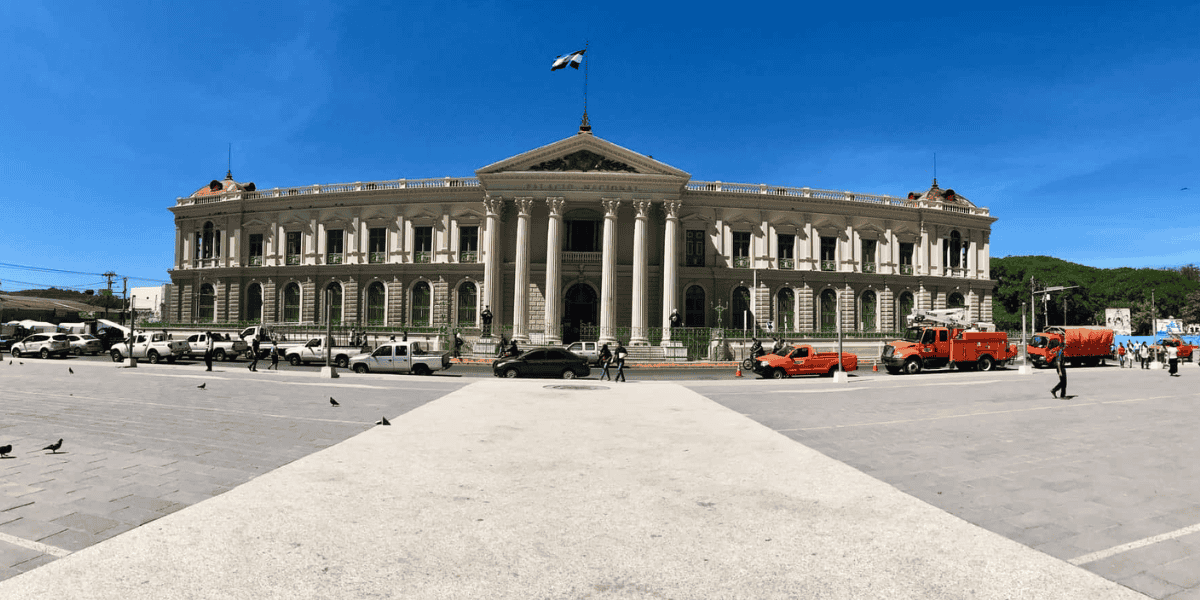On 6 May 2016 the IMF published on its website a staff report following the conclusion of consultations with El Salvador under Article IV of the IMF’s articles of agreement.
In the years from 2000 to 2014 economic growth in El Salvador averaged 2% which was well below the regional average of 4.5% for Central America. One probable cause of this was low investment. The low economic growth encourages outward migration and weakens labor force participation. GDP growth is projected to be 2.3% in 2016 and 2.4% in 2017 but will fall back toward 2% in the medium term.
The IMF report suggests that revenue raising measures should be introduced and that cuts should be made to distortionary taxation. The value added tax (VAT) rate should be increased to 15%; property taxes should be introduced; and the corporate tax rate should be lowered with reductions in exemptions and loopholes.
The IMF considers that the tax system should be made more progressive either by introducing a wealth tax; taxing pensions; or increasing personal income tax on the highest earners. El Salvador should consider reducing or scrapping the financial transaction tax and telecommunications tax as these have a low yield and hinder financial intermediation and inclusion. All other taxes should be reviewed with a view to phasing out those with low yield that distort the economy. Efforts to increase tax collection should not however be allowed to dampen the investment climate.












